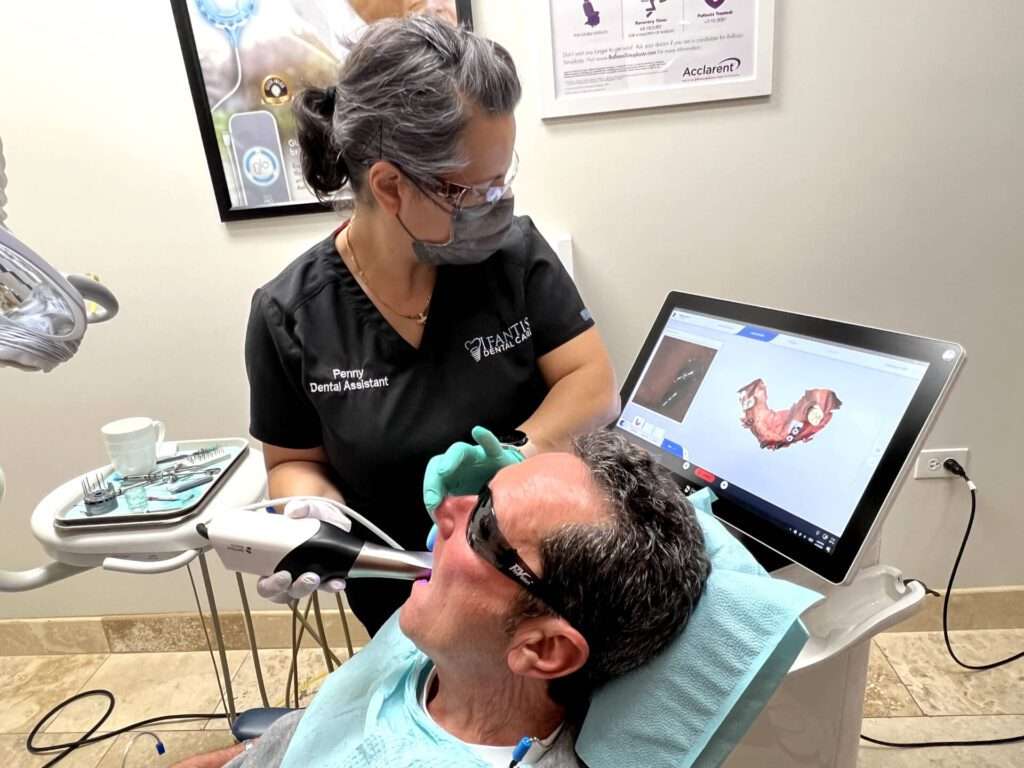The Role of Genetics in Acne:
Acne is a widespread skin condition that affects millions of people worldwide, often leading to physical and emotional distress. While many factors contribute to the development of acne, including hormones, diet, and lifestyle choices, genetics plays a significant role in determining who is prone to this condition. Understanding the genetic aspects of acne can help individuals make informed choices regarding Acne Treatment in Islamabad and manage their skin health more effectively.
https://www.skncosmetics.com/s....kincare-treatments/a
Genetic Predisposition to Acne
Research indicates that genetics can account for a considerable portion of acne susceptibility. If your parents or siblings suffered from acne, you might be at a higher risk of developing it yourself. Genetic predisposition can influence various factors, including:
Sebum Production: The amount of oil produced by the sebaceous glands is partly determined by genetics. Individuals with a family history of acne often have overactive sebaceous glands, leading to excessive oil production, which can clog pores and contribute to acne formation.
Skin Cell Turnover: Genetics can affect how quickly skin cells are shed and replaced. If your body has a slower cell turnover rate, dead skin cells can accumulate, leading to blocked pores and an increased likelihood of acne.
Inflammatory Response: Genetic factors can influence how your body responds to inflammation. Some individuals may have a heightened inflammatory response, making them more susceptible to acne when the skin is exposed to bacteria or irritants.
The Impact of Hormones
Hormonal fluctuations, particularly during puberty, menstruation, and pregnancy, can also be influenced by genetics. For instance, some individuals may inherit a sensitivity to androgens (male hormones), which can trigger increased sebum production and contribute to acne. Understanding your family’s hormonal history can help you anticipate potential acne flare-ups and seek appropriate treatments.
Environmental Interactions
While genetics plays a crucial role, it’s essential to recognize that environmental factors also contribute to acne development. Lifestyle choices, such as diet, stress levels, and skincare routines, can interact with genetic predispositions. For example, individuals genetically predisposed to acne may experience more severe breakouts when consuming high-glycemic foods or dairy products.
Treatment Options
Knowing that genetics can influence acne can empower individuals to seek targeted Acne Treatment in Islamabad that considers their unique skin type and history. Treatments may include topical retinoids, antibiotics, or hormonal therapies, which can be customized based on an individual’s genetic background and response to previous treatments.
https://www.skncosmetics.com/
Conclusion
In conclusion, genetics plays a vital role in the development of acne, influencing factors like sebum production, skin cell turnover, and inflammatory responses. While you cannot change your genetic makeup, understanding its impact on your skin can guide you in making informed decisions about treatment options. If you are struggling with acne and want personalized advice, consider consulting with professionals at SKN Cosmetics Clinic. Their team of experts can help tailor a treatment plan that addresses your specific needs, taking into account your genetic predispositions and lifestyle factors to achieve clearer, healthier skin.









